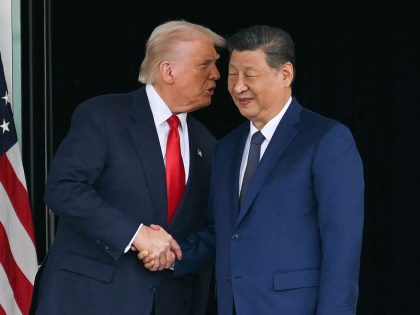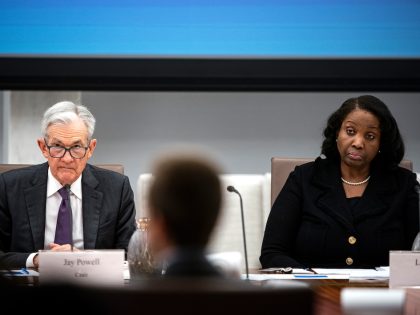
China Came Late to Capitalism but Early to Its Pathologies
In China, the number of single-person households has increased along with rates of loneliness. In this respect, China is not unique. It is simply suffering from the same social dislocation affecting all advanced capitalist states.


















